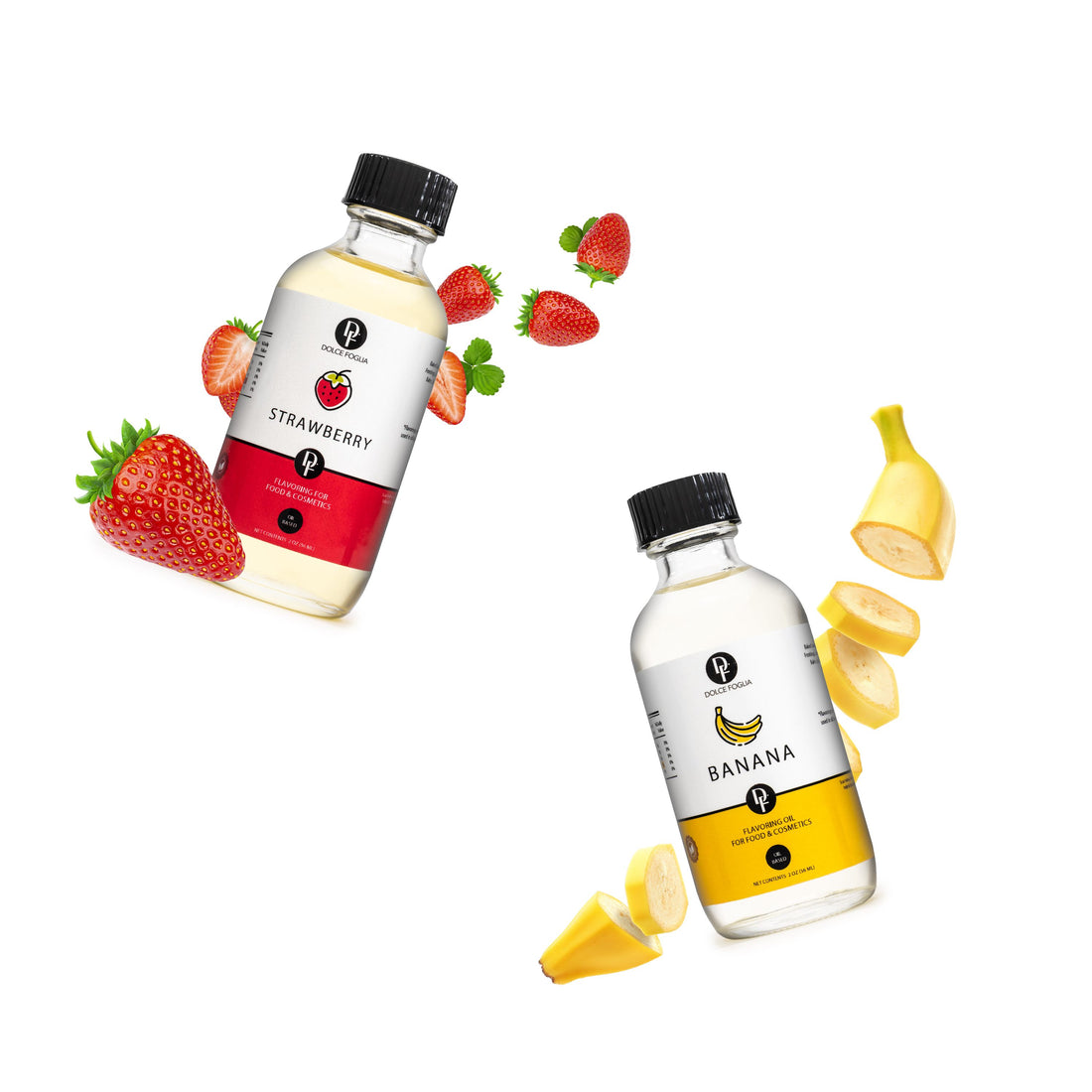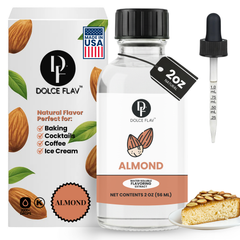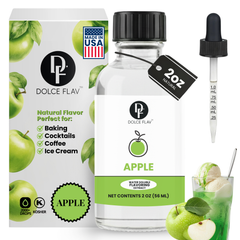
Food flavoring is an essential component of our diet, providing us with a sense of taste and enhancing our overall food experience. But have you ever wondered about the science behind food flavoring? How do food manufacturers add flavors to food products? What are the different types of food flavoring?

To answer these questions, we need to understand the basics of food flavoring. Flavor is a complex sensation that involves the interaction of our senses of taste, smell, and touch. Taste buds on our tongue detect five basic tastes - sweet, sour, salty, bitter, and umami. These tastes are detected by different receptors on the taste buds.
Smell plays a crucial role in flavor perception, too. When we eat food, volatile compounds are released, which travel to our nose and activate the olfactory receptors. Olfactory receptors detect thousands of different compounds, giving us a sense of smell and thus enhancing our overall flavor experience.

Food manufacturers use a variety of methods to add flavors to food products. One common method is to use natural flavoring agents, such as flavoring oils and essential oils. Artificial flavoring agents, such as synthetic chemicals, are also used to create flavors. These agents are carefully designed to mimic natural flavors and enhance the overall taste of food.

Here are the top five natural food flavoring agents that offer not only taste but also nourishment for your body that Dolce Foglia carries.
-
Vanilla: This classic flavor from the orchid plant contains antioxidants that help reduce inflammation and protect against cell damage. Vanilla is also a natural mood enhancer that can lower stress and anxiety.
-
Cinnamon: This fragrant spice made from the bark of the cinnamon tree has anti-inflammatory and anti-bacterial properties that can boost immunity and fight infections. Cinnamon also helps regulate blood sugar levels and improve brain function.
-
Ginger: This versatile root spice has been used for centuries to aid digestion, soothe nausea and reduce inflammation. Ginger also has anti-cancer properties and can relieve muscle pain and menstrual cramps.
-
Peppermint: This refreshing herb has a cooling effect on the body and can relieve headaches, indigestion, and stress. Peppermint also has antimicrobial and antiviral properties and can freshen breath and soothe sore muscles.
-
Lemon: This citrus fruit is not only a great source of vitamin C but also contains limonene, a compound that can detoxify the liver, reduce inflammation and fight cancer. Lemon also helps improve digestion and skin health.
By using these natural food flavoring agents in your meals, you can not only enhance their taste but also improve their nutritional value and health benefits. Incorporating these keywords found in competitor gaps can also increase the visibility and relevance of your content in search engines. Happy cooking and healthy eating!
In conclusion, the science of food flavoring is a fascinating topic, and our overall flavor experience involves a complex interaction of our senses of taste, smell, and touch. Understanding the basics of food flavoring can help us appreciate the food we eat and make informed choices about the food products we consume.


